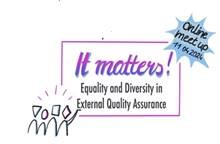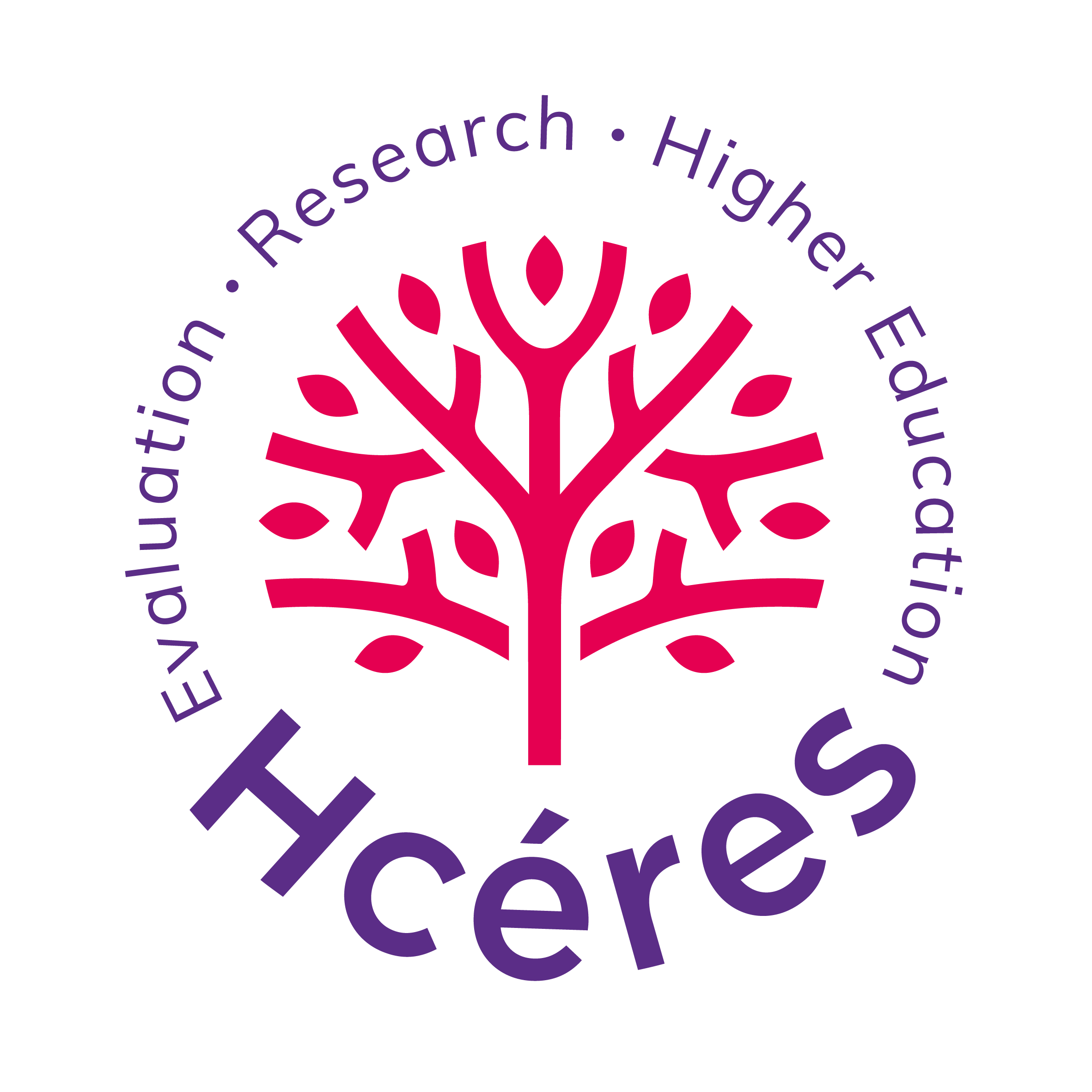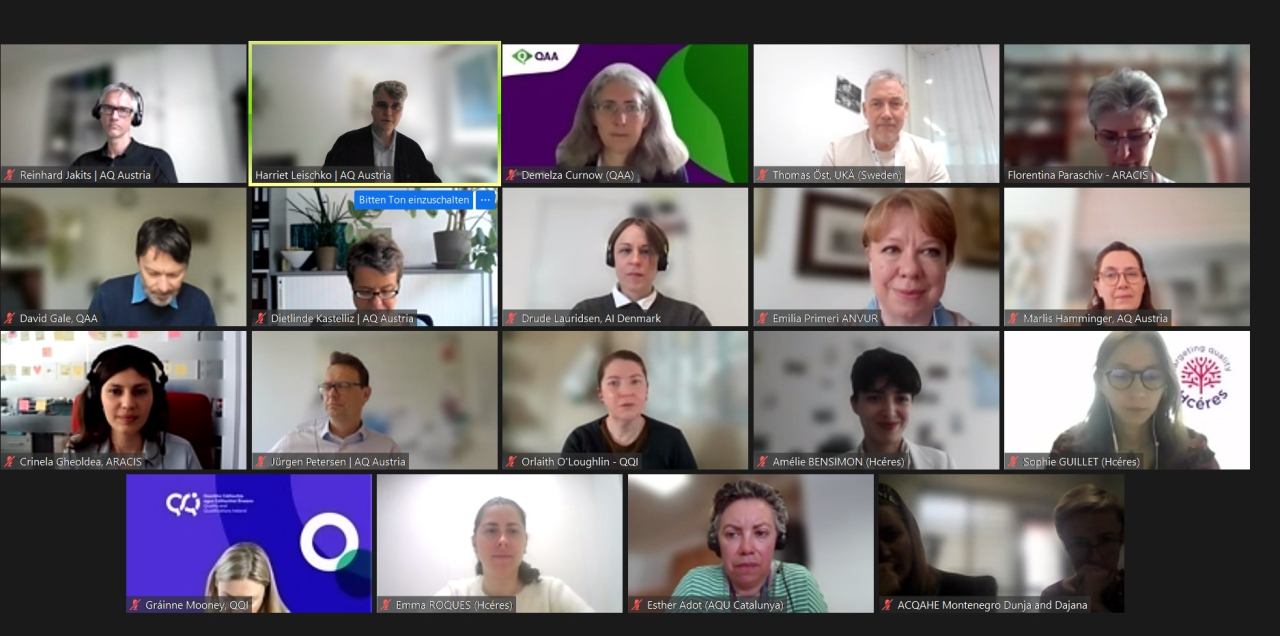International
Equality and diversity: it matters!
Published on
Equality, diversity and inclusion has its own network: it matters!
Many communities of practice exist within quality assurance agencies. Among them, the it matters network is the only discussion forum entirely dedicated to the subject of EDI. Under the auspices of the Austrian agency AQ Austria, biannual online meetings are organised in which agencies are invited to present their practices for taking EDI into account in evaluation processes.
Even if it is not at the heart of their mission, quality assurance agencies have a complementary role to that of Ministries and other dedicated national structures in supporting a culture of EDI within higher education institutions. Firstly, by adapting their evaluation standards. For example, the Hcéres evaluation framework for HEIs includes the integration of gender issues, inclusion and the reduction of discrimination in the institutional evaluation of human resources policy. Since 2022, the Hcéres has also been tasked with monitoring the implementation of measures to promote gender equality in the HEIs within its remit.
Generally speaking, there are three levels at which a quality assurance agency is likely to be involved in EDI. These three levels correspond to the three parts of the Standards and Guidelines for Quality Assurance in the European Higher Education Area (ESG).
- At the first level (ESG part 1), there is a dialogue between external quality assurance and the HEIs. The latter will develop their internal EDI policy autonomously in their own context, while the quality assurance agency adapts its external evaluation standards.
- At a second level (ESG part 2), EDI is addressed in the agencies' quality assurance procedures: inclusive panels, accessibility of procedures, etc.
- At the third level (ESG part 3), the agencies themselves are encouraged to take EDI into account in their corporate policies.
It is precisely to talk about this last point that the Hcéres was invited to speak at the last session of the it matters! network on 11 April 2024.

Professional equality in European quality assurance agencies
As a French public body, the Hcéres is required to appoint an Equality Officer (Article L. 132-1 of the General Civil Service Code and Decree No. 2020-528 of the 4th of May 2020). The duties of the Equality Officer include advising, diagnosing and supervising the training of staff in matters of professional equality, combating discrimination based on sex, pregnancy and marital status, and preventing and combating gender-based and sexual violence. During the It Matters webinar, the Hcéres Equality Officer gave a presentation to around thirty representatives of European agencies of the activities of the Equality Mission and the various stages in the development of its Equality Plan. The various initiatives launched in recent months, such as dedicated working groups, surveys, communication tools and staff training, were presented.
Not all European agencies have the same legal obligations regarding EDI: just under half of the agencies represented in the it matters! network replied that they had a dedicated person or were required to define an EDI policy. The size and diversity of the agencies may explain these differences. Nevertheless, the representatives within the network share the same values and are committed to continuous improvement. Some initiatives include the adoption of inclusive language (AQ Austria), staff training during induction (ARACIS), awareness-raising documents and increasingly inclusive HR policies (paternity leave, reintegration plan for women returning from maternity leave, recruitment policy, etc.). In the course of their work, project managers can directly promote EDI, for example by setting up and training expert panels. In addition to legal requirements to identify and report inequality and discrimination, the need for unconscious bias training was highlighted. Finally, while EDI is everyone's business, the existence of staff with dedicated working time for EDI was seen for some agencies as good practice for implementing a professional equality policy.




